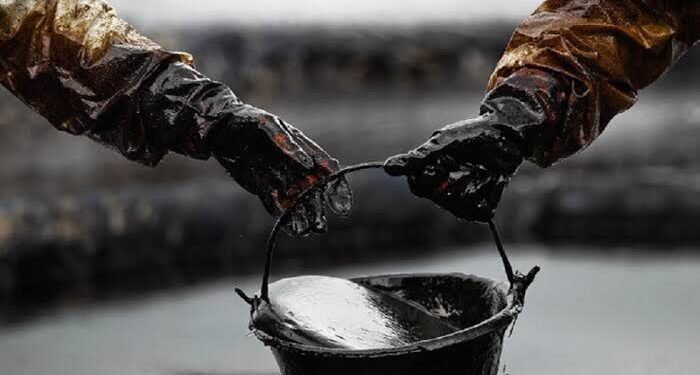By Emmanuel Nduka
India’s state-owned refiners, Indian Oil Corporation (IOC) and Bharat Petroleum (BPCL), are poised to significantly boost their crude oil imports from Nigeria as part of a broader effort to reduce reliance on Russian supplies.
For deliveries in September and October 2025, the two firms have collectively agreed to purchase at least 22 million barrels of non-Russian crude oil after mounting pressure from the U.S. to cease buying Russian feedstock .
Under newly finalized deals, IOC secured a mix of 2 million barrels each of U.S. Mars crude and Brazilian grades, alongside 1 million barrels of Libyan crude.
This comes on top of a prior tender for 8 million barrels from a blend of Middle Eastern, U.S., Canadian, and Nigerian sources. BPCL’s procurement includes 9 million barrels from Angola, U.S. Mars, Abu Dhabi’s Murban, and notably, 2 million barrels of Nigerian oil .
These combined spot market purchases represent about 6% of India’s crude processing capacity as of May 2025, underlining the strategic scale of the shift.
Analysts note that improved arbitrage economics for Atlantic Basin crude shipments to Asia have also incentivized the move.
Background
India’s shift from Russian crude stems from multifaceted geopolitical and economic pressures. After the Ukraine invasion in 2022, Indian refiners ramped up purchases of discounted Russian oil, which by mid-2025 accounted for more than 35% of India’s oil imports, helping cut costs substantially.
However, mounting U.S. backlash, including threatened tariffs up to 25%, compelled policymakers to diversify. Analysts warn that abandoning discount-laden Russian oil could raise India’s import bill by $9–11 billion, potentially triggering inflationary pressures .
In response, India has broadened its crude sourcing to over 40 countries, leaning more heavily on traditional Middle Eastern partners like Saudi Arabia and Iraq, as well as tapping into U.S., West African (including Nigeria), and Brazilian supplies.
Not only does this strategy lessen geopolitical exposure, but it also takes advantage of favorable shipping economics from the Atlantic Basin, helping stabilise supply amid evolving global tensions.




































